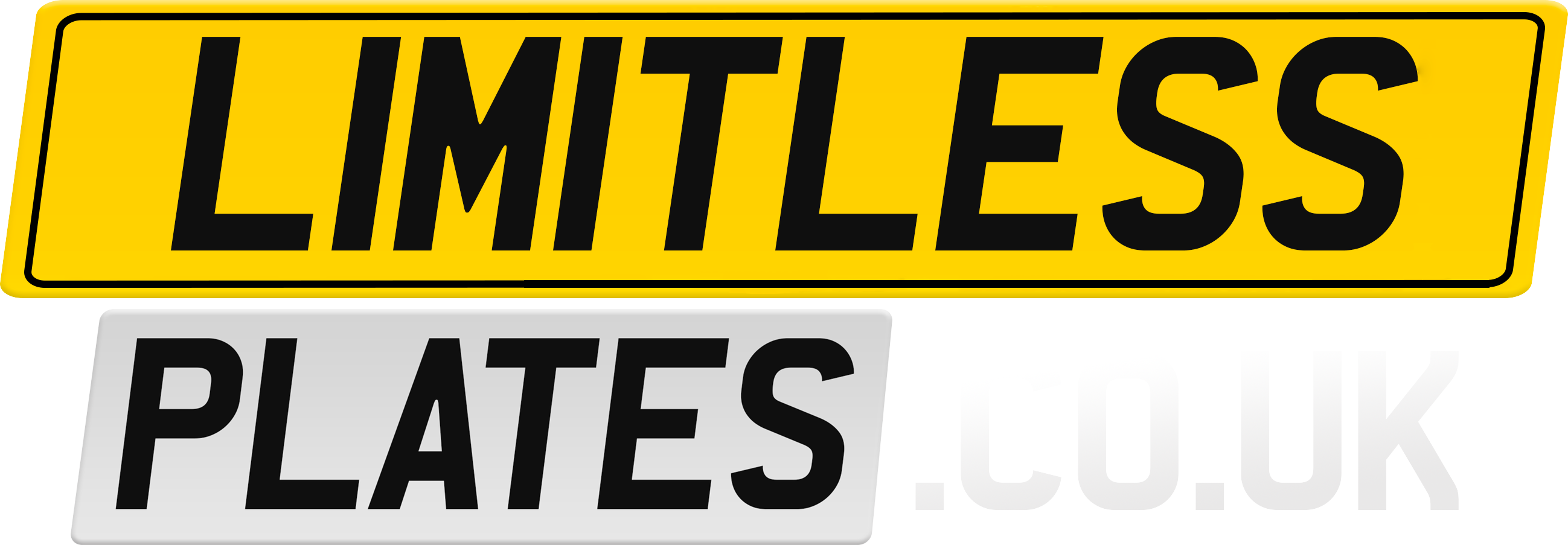
Number plates, also known as license plates or registration plates, are a legal requirement for any vehicle on the road in the UK. They are used to identify and track vehicles, ensuring that they meet safety and regulatory standards. However, with the rise of personalisation and customisation, many drivers are interested in shortening their number plates to make them more unique. The good news is that in the UK, shortened number plates are legal, as long as they meet certain criteria.
The DVLA, which is responsible for issuing number plates in the UK, allows for a certain level of customisation on number plates. This includes the use of certain fonts and spacing options, as well as the option to shorten the plate to make it more unique. However, there are still strict guidelines that must be followed to ensure that the plate remains legal.
The size and spacing of the characters on the plate must still meet legal requirements, and the font and colour of the characters must be easy to read. The background colour of the plate must also meet specific guidelines. For example, the front plate must have a white background with black letters, while the rear plate must have a yellow background with black letters.
While shortened number plates are legal in the UK, it's still important to ensure that the plate meets all legal requirements to avoid any fines or penalties. The DVLA can issue fines if a number plate is deemed to be illegal or non-compliant with regulations. Additionally, using an illegal number plate can be dangerous, as it can make it more difficult for other drivers to identify your vehicle and can also make it harder for law enforcement to track your vehicle if needed.
In conclusion, if you're in the UK and interested in shortening your number plate, you can do so as long as you follow the DVLA's guidelines and ensure that the plate remains legal. By doing so, you can add a personal touch to your vehicle while still meeting all legal requirements.









